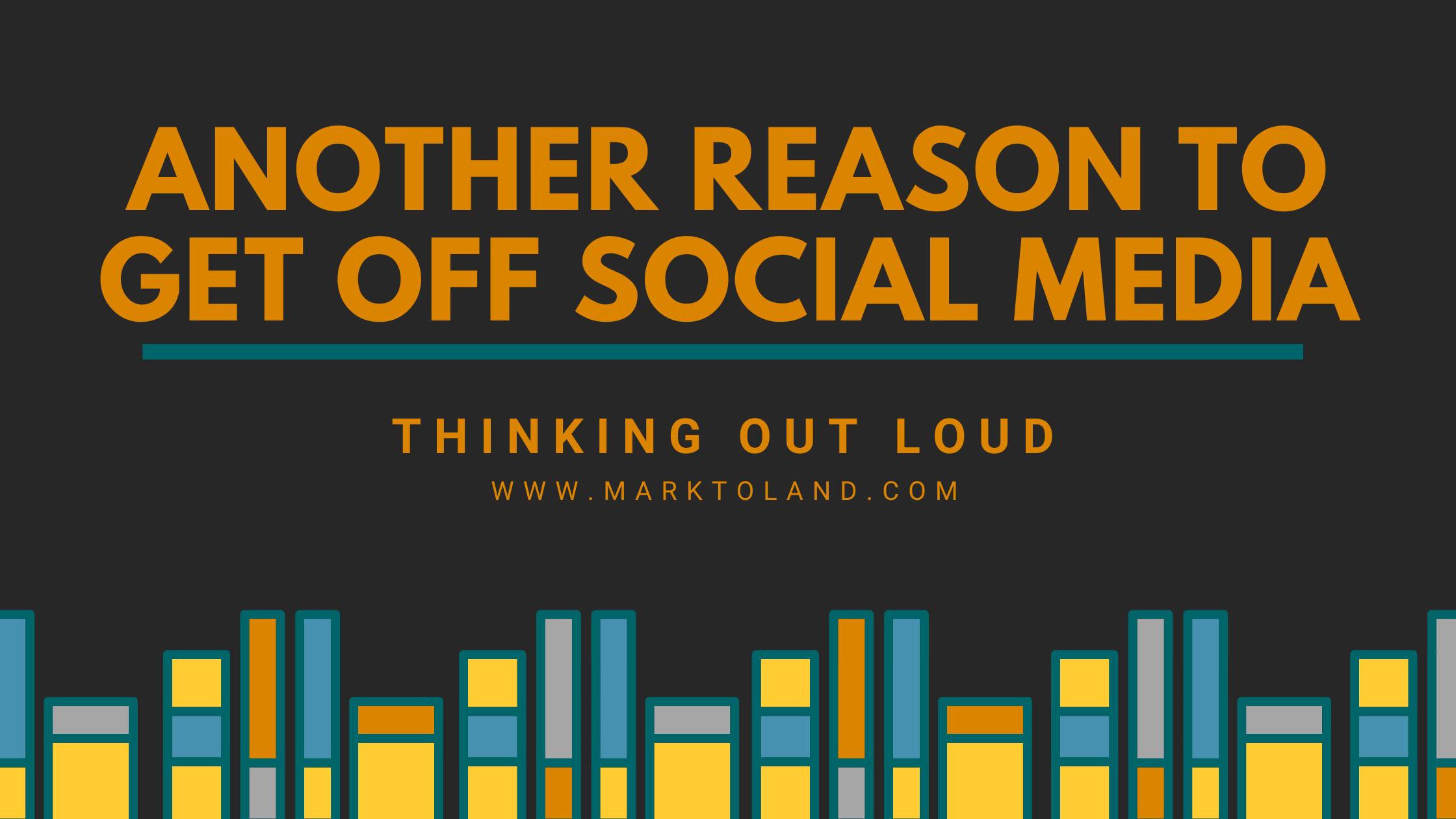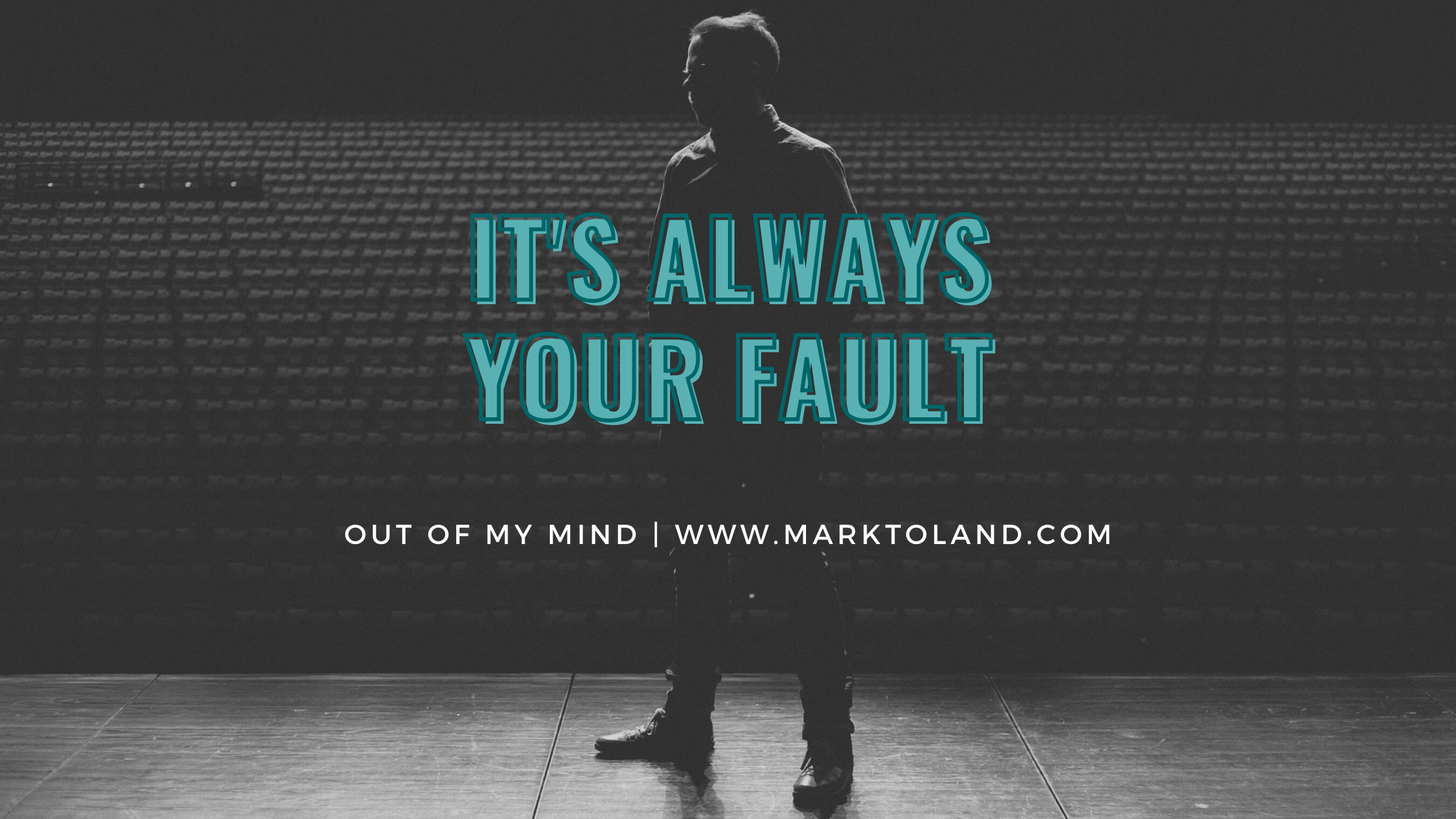I was attending a conference in Las Vegas once when I recognized a man standing across the room. He was overdressed with an ill-fitting pinstriped suit and shiny shoes. I knew him because he was a booking agent for performers and we had briefly corresponded in the past. So, I took a business card out of my pocket and worked my way across the room to introduce myself.
From what I had read about this guy online, he was everything I’m not. He was always in “sales mode”, like a character in “Glengarry Glen Ross”. Everything he did, everything he said, everything he wrote, and everything he shared was designed for one thing: to close the sale and make him more money.
I’m the exact opposite. I cringe at the thought of always closing and networking makes me want to crawl into a hole and die. My approach has always been to simply be good at what I do and let my work speak for itself. I’ve always thought that all I need is one shot in front of a person to convince them that I’m worth working with.
That approach has worked well for me so far. Even during the pandemic I’ve been fortunate enough to get myself in front of people and use that opportunity to win them over. For example, back in July I did an event for Zoom. (Yes, THAT Zoom.) It was one of their regional events with a small team and I knew that I was one of many performers that they had been working with. So I prepared a special performance just for them, in hopes of setting myself apart from any of the other acts they had seen.
It’s the same mentality I have when I do a cabaret show with 4 or 5 other performers on the line-up. I always try to raise my level so that people will remember my performance long after the show. I’ll spend weeks writing and rehearsing new material just so I can blow the competition out of the water. I use those moments as personal motivation, like Michael Jordan in The Last Dance, taking everything personally and using it as ammo to destroy my rivals in the next game. I love it when people come up after those shows and say, “Everyone was awesome tonight but you were the best!” That’s what I’m going for.
I guess the show went over well back in July because it led to several other events with them, including an appearance at their annual user conference in October alongside the CEO. All it took was one time for me to convince them to work with me for good.
As I approached that booking agent in Vegas those were the thoughts that were running through my mind. Convince him to give you one opportunity and you can prove your value forever. I waited for a lull in conversation then calmly walked up and introduced myself.
You know when people are so rude that they won’t even give you the time of day? That’s what this guy was like. He was inconsiderate from the get-go, dismissive of my introduction and hardly listening to what I was saying. I told him that I knew who he was and thought we could work together. He asked what materials I had and I gestured to my card saying “it’s all on my website.” But he was barely listening.
“Listen,” he said, “You’re probably not ready. You need a lot of experience to do this. Do you have my course?”
The fucking audacity of this guy, to try to sell he his freaking course when I was just trying to introduce myself! I knew this guy had put out a $1000 marketing course with general guidance on how to book shows and work with clients, but I’d been too busy actually doing shows to have time to watch a course tell me things I already know. Plus, the reviews were lackluster so I wasn’t about to waste money on something that was already being taught better in other places.
“I don’t need your course,” I said firmly, “I’m already doing it. I just thought it’d be good for us to work together sometime."
“Take the course,” he said, “Then we can talk.”
“I’m good,” I said, “But now you have my card in case you want to do business together sometime.”
I never heard from him, but that’s okay because things kept getting busier for me. Every year since then has been busier than the year before. And I never even took his course! It’s almost like he was completely full of shit.
The problem with people like that is that they seem to think that they’ve found the only way to achieve success. The truth is, there are multiple ways to be successful. You can be the pushy salesman wearing customers out with your pitch until, completely exhausted, they finally work with you. Or, you can go the more fulfilling route and just be really good at your craft so people will remember you and always want to work with you. Either way, you already have everything you need to get to where you want to be.
I just saved you a thousand bucks!
RELATED POSTS
About Mark Toland
Mark Toland is an award-winning mind reader and two-time TEDx Speaker. His mind blowing skills have been featured on NBC, ABC, FOX, CBS, NPR, WGN, Sirius XM, and more. Mark’s blog is a behind-the-scenes look at the life of a professional entertainer, full of creative thoughts for creative people. Sign up below so you’ll never miss a post.

















